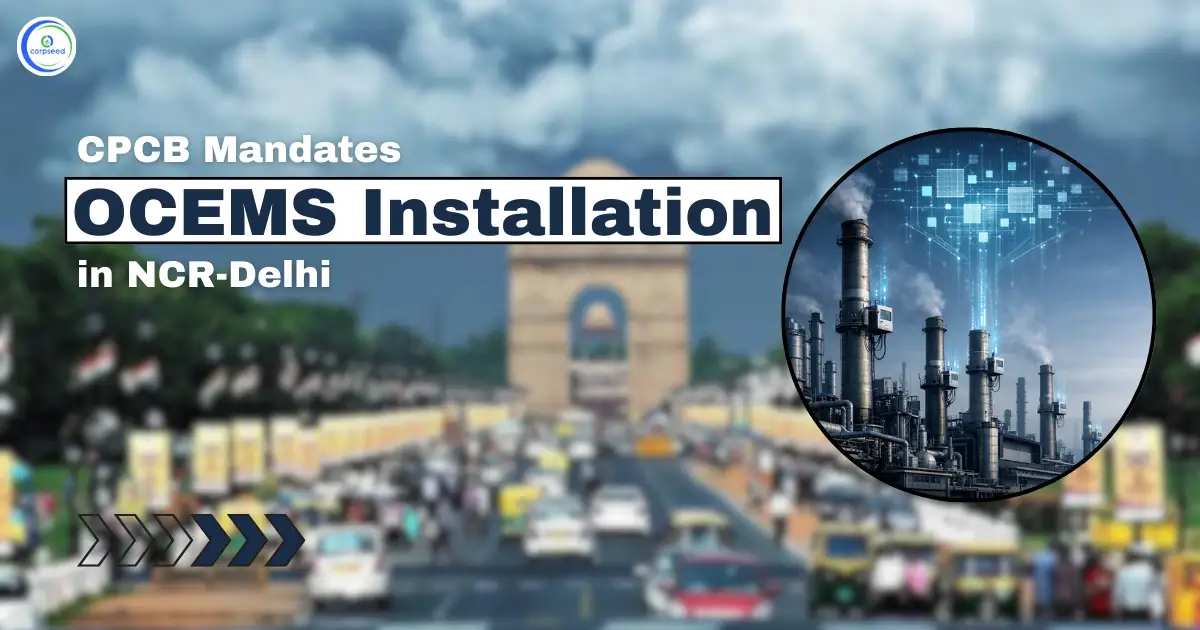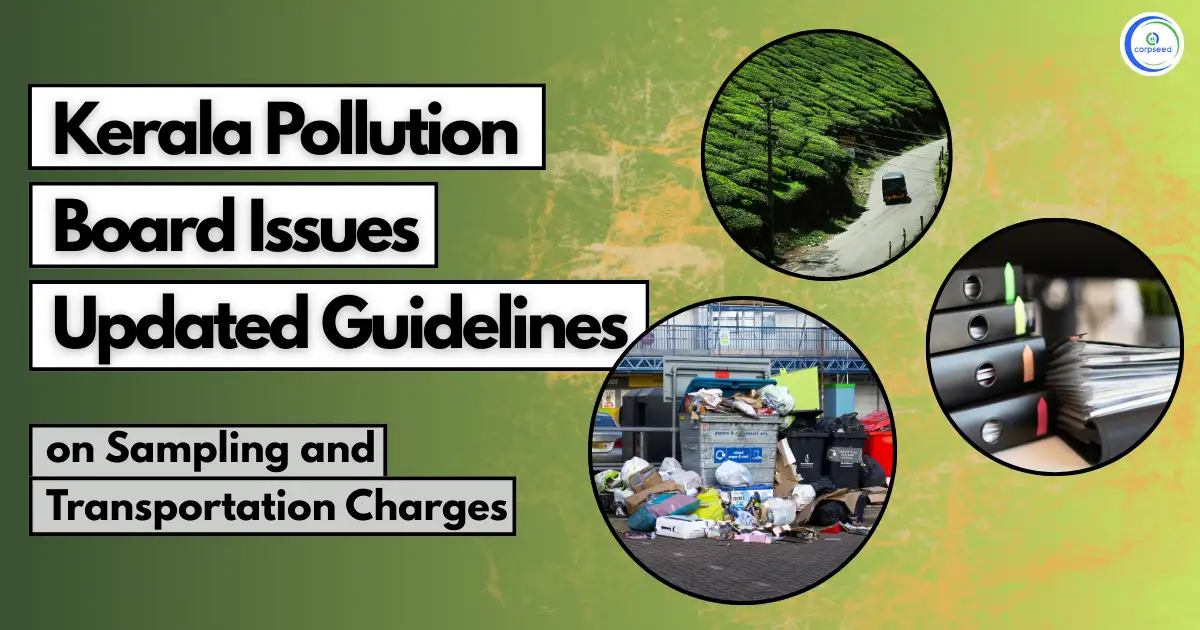
Key Highlights of Union Budget 2026
by Parul Bohral on 2026-02-02
Key highlights of Union Budget 2026 covering growth priorities, tax and compliance changes, MSME support, digital expansion, green initiatives, and fiscal outlook.

Union Budget 2026-27: Complete Analysis, Key Highlights and Sector-Wise Impact
by Mahek Sancheti on 2026-02-02
Detailed analysis of Union Budget 2026–27 covering vision, key numbers, sector-wise impact, tax reforms, infrastructure, MSMEs, human capital, and the road to Viksit Bharat.

DGFT issues Rules for Export of Wheat Flour under HS Code 1101
by Mahek Sancheti on 2026-01-29
DGFT releases wheat flour export rules 2026 under HS Code 1101. Read eligibility, benefits, documents, application process, and allocation rules.

CPCB Mandates OCEMS Installation for Industries in NCR-Delhi
by Mahek Sancheti on 2026-01-28
The CPCB order mandates OCEMS installation in NCR-Delhi industries under the Air Act 1981 to control air pollution and improve compliance.

Government Notifies CGHS Drug Procurement Policy 2026
by Parul Bohral on 2026-01-24
On 15 January 2026, the Government of India announced a new Drug Procurement Policy for the Central Government Health Scheme (CGHS), which has long been awaited to introduce a change in the way medicines are procured, supplied and monitored.

Kerala Pollution Board Issues Updated Guidelines on Sampling and Transportation Charges
by Mahek Sancheti on 2026-01-22
Kerala Pollution Board clarifies transportation charges for sample collection. New guidelines on exemptions and rates for industries with capital up to ₹50 lakhs.